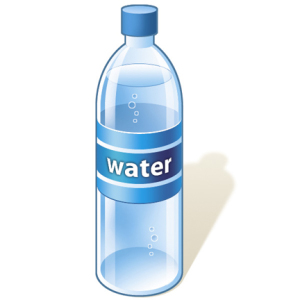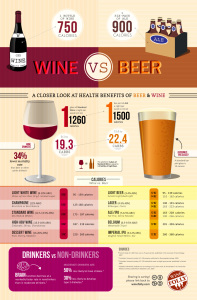With finals approaching and students spending countless hours of studying for exams for exams, the amount of sleep per night is likely to be cut short. But, this does not necessarily mean students will sleep less, maybe just sleep more during the day. We are told that it is important to get 8+ hours of sleep each night, but what if the number of hours we sleep are spread out throughout the day? Does this have a different affect on us and your bodies; will we be more tired or will we feel rejuvenated and more energized after sleeping for shorter periods of time more sporadically throughout the day?
In a recent study conducted by the University of California Berkeley, 39 average, healthy adults were chosen and then divided into two groups – nappers and non-nappers. At 12:00 noon both groups were given a learning tax and were required to learn the information given. After, at 2 pm, the napping group proceeded to take a 90 minute sleeping break while the non-nappers stayed awake. Later at 6 pm, both groups were subject to more exercises and activities regarding learning and other tasks. The napping group showed better results in their performance and their abilities increased, as opposed to the non-nappers whose performance lacked and decreased.
As many may or may not know, while sleeping, the brain produces different kinds of wave which are an indication of how deep of a sleep you are in. After a short period of time (approximately 20 minutes or more) the brain can move into a different phase, the slow-wave sleep, which is the deepest sleep phase possible. If submerged into this deep phase of sleep and nap for too long, it could cause you to wake up feeling disoriented and dazed and confused and not as refreshed or able to perform tasks well.
While the study conducted at UC Berkeley does not consist with the above fact about napping and the brain waves, it is not to say that either of these can definitely prove that taking naps will or will not make you more tired or more energized to do tasks. There are other factors that could contribute to the validity of the study done by US Berkeley. The study did not mention how long the adults slept for the night before, or if caffeine was consumed by the non-nappers. In addition, the fact about brain waves and sleeping does not address the fact that shorter naps might not cause a person to fall into the “slow-wave sleep” phase. While both provide good information to be used to further the study, neither can prove one or the other wrong.
In another research study by NASA, it was found that pilots who took 25 minute naps in the cockpit were more than 35% more alert than other colleagues and twice as focused. While this study tests a shorter amount of time spent napping, it provides consistent results to the first study by UC Berkeley that show napping improves performance in many aspects. No conclusions can be drawn from the information given, but two consistent studies show similar results which could lead to more developed research.
Sources:
http://www.prevention.com/health/sleep-energy/9-sleep-myths-make-you-tired/2-napping-only-makes-you-more-tired
http://www.medicalnewstoday.com/releases/179882.php
http://www.dailymail.co.uk/femail/article-2587568/How-feel-refreshed-little-sleep-MUST-afternoon-nap-Never-wake-tired-again.html







 continuing conversation surrounding this relevant public health topic.” She structured her study so 48 adult marijuana users who typically smoked three times a day were matched with 62 nonsmokers that could counter biases towards race, gender, and age. They also made sure that there was a control for alcohol and tobacco use to make sure that wasn’t a third variable. Subjects were then tested for their IQs and had their brains scanned under three different types of MRIs.
continuing conversation surrounding this relevant public health topic.” She structured her study so 48 adult marijuana users who typically smoked three times a day were matched with 62 nonsmokers that could counter biases towards race, gender, and age. They also made sure that there was a control for alcohol and tobacco use to make sure that wasn’t a third variable. Subjects were then tested for their IQs and had their brains scanned under three different types of MRIs.

 My dad as a pediatrician and internal specialist would always wince when bleach brands like Clorox would advertise that they were safe enough to clean baby toys. He told me that this type of extreme sterilizing of baby toys gives them less exposure to harmless bacteria which could build the baby’s immune system and protect them from diseases. One
My dad as a pediatrician and internal specialist would always wince when bleach brands like Clorox would advertise that they were safe enough to clean baby toys. He told me that this type of extreme sterilizing of baby toys gives them less exposure to harmless bacteria which could build the baby’s immune system and protect them from diseases. One















 stretch horizontally across the larynx, hit the underside and then vibrate. These vibrations determine, pitch, quality and frequency of your voice. Everyones voice is unique and there own way, but what confuses me is how does helium make everyones voice sound so similar?
stretch horizontally across the larynx, hit the underside and then vibrate. These vibrations determine, pitch, quality and frequency of your voice. Everyones voice is unique and there own way, but what confuses me is how does helium make everyones voice sound so similar?

